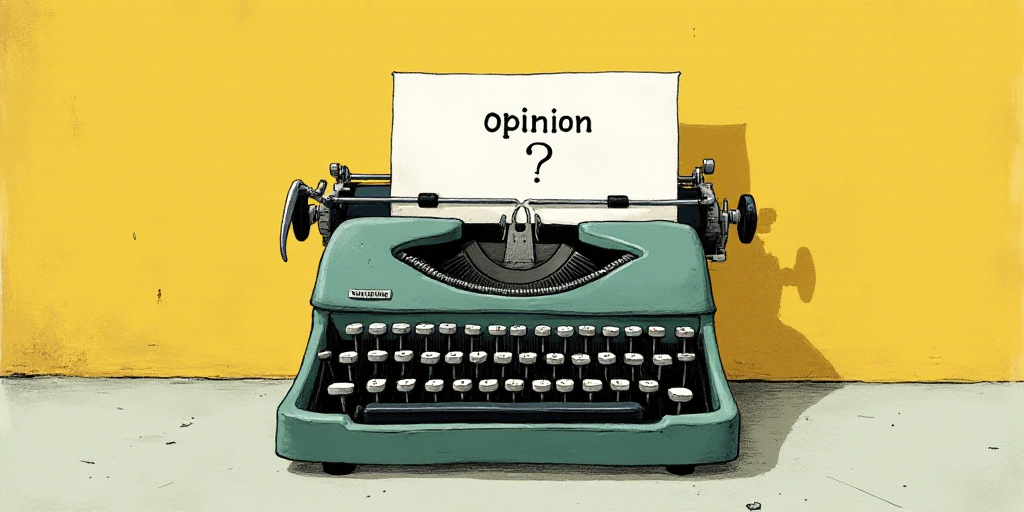Introduction
Claudia Sheinbaum, the Chief of Government in Mexico City under President Andrés Manuel López Obrador’s administration, has been at the center of discussions regarding soft authoritarianism. Sheinbaum’s responses to criticisms about her government’s alleged authoritarian tendencies often revolve around the openness of elections and judicial appointments. However, a deeper examination reveals that soft authoritarianism operates subtly behind a democratic facade.
Understanding Soft Authoritarianism
Soft authoritarianism, a trend in recent decades worldwide, employs subtle social control tactics to restrict freedom of expression and limit opposition. It achieves this through a blend of narratives, legal reforms, weakening or annulling other institutional powers, and substantial financial resources from public funds or alternative sources. This form of governance often targets vulnerable democracies and disenchanted populations, avoiding overt violence while gradually undermining opposition through manipulation and resource cuts.
The 4T Narrative
Sheinbaum’s narrative, part of the 4T (Transformación 4T) movement, combines social justice aspirations with resentment towards societal privileged sectors and a nostalgic reference to the Mexica past. This message is consistently pushed through daily mañaneras (press conferences) and dominates mainstream media, weakening opposition parties like PAN and PRI.
Resource Limitations
While resource allocation plays a significant role in soft authoritarianism, there are limits. Increasing minimum wages and social support programs require a robust economy, which currently isn’t feasible. Moreover, there’s a cap on social support programs; for instance, the pension for the elderly increased by only 200 pesos between 2024 and 2025, the smallest percentage since its inception.
Eroding Narratives
The narrative pillar faces even greater challenges. Sheinbaum’s image as honest, austere, and living in moderation is constantly undermined by scandals involving lavish travels, expensive clothing, and extravagant spending. Furthermore, links between key figures like Adán Augusto López Hernández and organized crime, via his former Secretary of Security, Hernán Bermúdez Requena, and the Barredora criminal group, further tarnish the 4T’s image.
Conclusion: The Path Forward
As soft authoritarianism faces scrutiny, it may devolve into traditional authoritarianism or tyranny rather than democracy. Sheinbaum’s popularity ratings, despite her position, indicate that her government and actions are not well-regarded. Continued defense of controversial figures like the “Adanes” and mafia-linked governors will only further erode the perceived transformation.
Key Questions and Answers
- What is soft authoritarianism? Soft authoritarianism operates subtly behind a democratic facade, using social control tactics to restrict freedom of expression and limit opposition without resorting to overt violence.
- How does the 4T narrative contribute to Sheinbaum’s governance? The 4T narrative focuses on social justice, resentment towards privileged sectors, and a nostalgic reference to the Mexica past. It dominates media and weakens opposition parties.
- What are the limitations of resource allocation in soft authoritarianism? Increasing minimum wages and social support programs require a robust economy, which is currently not feasible. There’s also a cap on social support programs due to financial constraints.
- How does the narrative pillar face challenges? The narrative’s credibility is constantly undermined by scandals and links to organized crime, eroding the perceived transformation.
- What are the potential consequences of soft authoritarianism facing scrutiny? Soft authoritarianism may devolve into traditional authoritarianism or tyranny rather than democracy.






